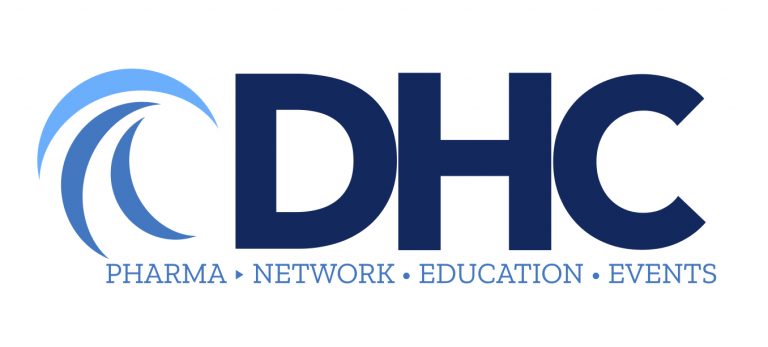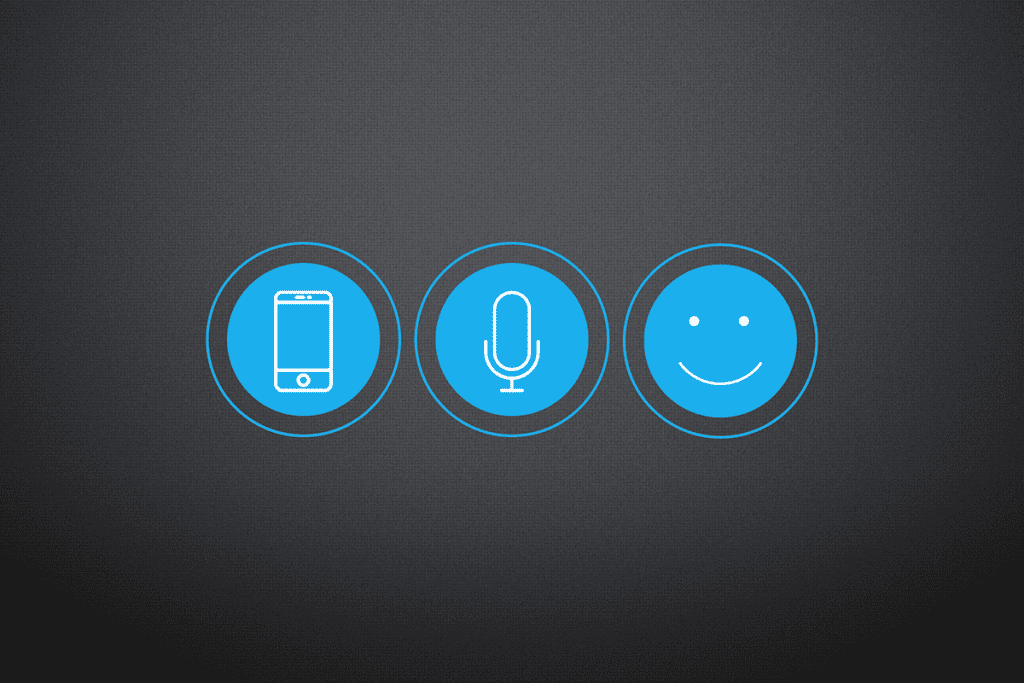
Digital Health Coalition Newsletter – November 2018

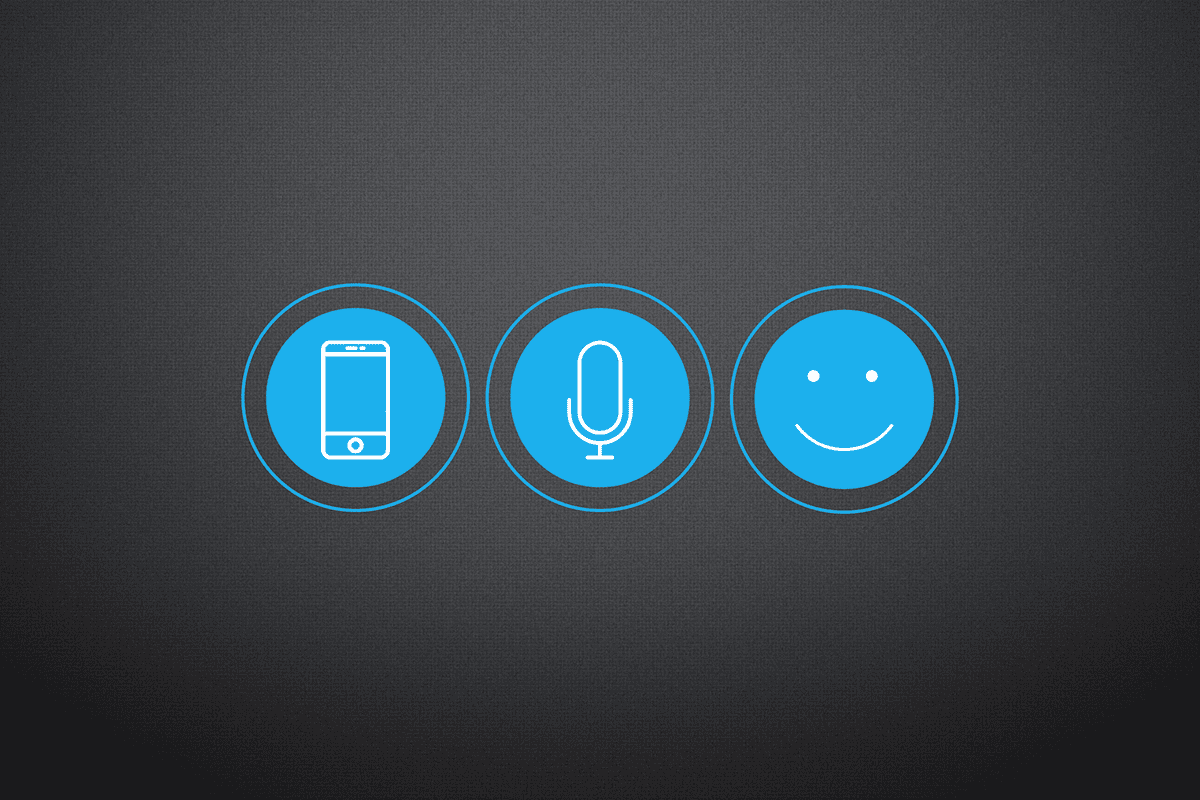
FEATURED CONTENT: Mobile/Voice Trends for 2019
The DHC and HCB Health unveiled new insights into mobile/voice use by HCPs, exploring the next frontier of what mobile innovation looks like in digital health marketing. And, perhaps unsurprisingly, it has less and less to do with smartphone screen time.
As a part of the Ferring Pharmaceuticals hosted DHC Roundtable earlier this month, thought leaders from HCB, other DHC members, and area pharma companies convened to discuss the trends for mobile and voice in 2019. In a discussion led by Harry Stavrou and Colin Foster of HCB, attendees explored innovation themes for both HCP and consumer mobile/voice.
Pete Dannenfelser, roundtable host and AVP, Communications for Ferring, explains the focus on the trend “the opportunity in digital has always been to be available to the customer -patient or HCP – whenever they need information. A Google Home or Amazon Echo world expands not just customer expectation, but the industry’s ability to meet them.”
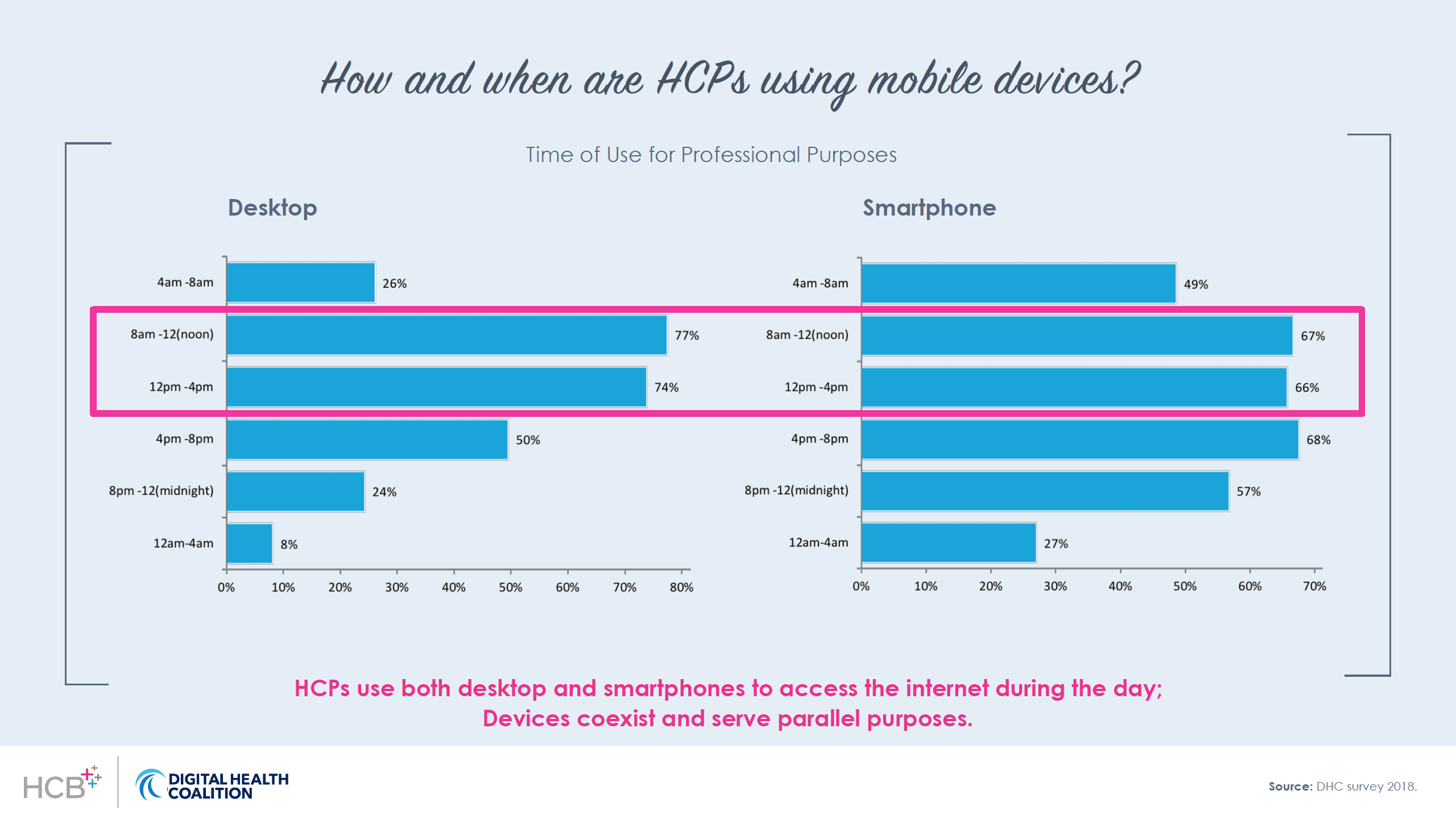 For HCPs, the dominant trend is clear – as HCPs become more time and resource-pressed, efficient and effectiveness solutions are paramount. HCB/DHC research shows that physician technology (mobile + desktop) use is highest during work hours where they use smartphones for a myriad of professional services, with visiting drug reference [site or app]
For HCPs, the dominant trend is clear – as HCPs become more time and resource-pressed, efficient and effectiveness solutions are paramount. HCB/DHC research shows that physician technology (mobile + desktop) use is highest during work hours where they use smartphones for a myriad of professional services, with visiting drug reference [site or app]
or product sites being the highest ranked when asked about pharmaceutical-related activities – with many arriving there via search portal. Significantly for pharma companies looking for ways to provide a useful solution in the workflow, there remains a significant disconnect between how physicians currently use technology and how they would like to – with their dream uses focusing on better e-prescribing/drug pricing access tools, voice recognition in EHRs, and radiology views.
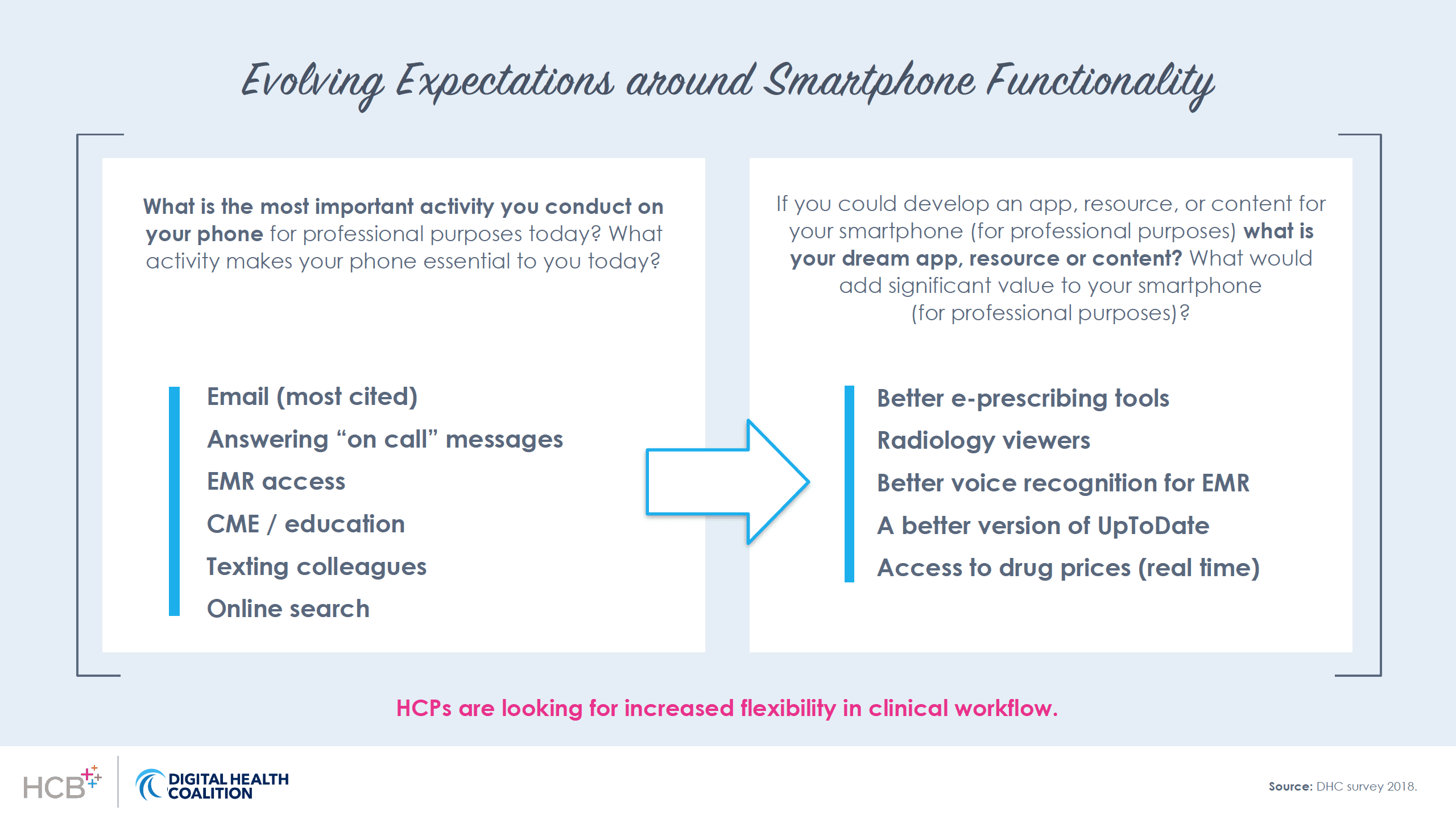
“The “always on” nature of healthcare is evolving HCP workflows to increasingly include smartphone and voice activated experiences. This is an untapped space for marketers to learn more about contextual behavior and needs, leading to improved customer engagement and trust.” – Harry Stavrou, VP Digital Services, HCB
 Yet the research reminds smart marketers to be careful not to consider professionals differently than consumers when designing the mobile experience. Current stats demonstrate that both expect an optimized experience with over 50% indicating that they won’t return to or recommend a business (and their site) if the experience is poor on a mobile device. Other significant consumer mobile trends should be considered when crafting a plan geared towards HCPs – for example, two thirds of smart speaker owners use their smartphones less according to eMarketer. It’s widely accepted that voice is a natural evolution of the patient empowerment movement – allowing patients to take more control of their wellbeing. Those same principles, HCB reminded attendees of the DHC roundtable, can be layered onto the physician’s workflow – improving intake efficiencies, physician notetaking, and procedural documentation.
Yet the research reminds smart marketers to be careful not to consider professionals differently than consumers when designing the mobile experience. Current stats demonstrate that both expect an optimized experience with over 50% indicating that they won’t return to or recommend a business (and their site) if the experience is poor on a mobile device. Other significant consumer mobile trends should be considered when crafting a plan geared towards HCPs – for example, two thirds of smart speaker owners use their smartphones less according to eMarketer. It’s widely accepted that voice is a natural evolution of the patient empowerment movement – allowing patients to take more control of their wellbeing. Those same principles, HCB reminded attendees of the DHC roundtable, can be layered onto the physician’s workflow – improving intake efficiencies, physician notetaking, and procedural documentation.
Roundtable participant and thought leader, Fred Bennett, who covers Patient Engagement and Strategy for Intercept Pharmaceuticals, explained “Voice enabled initiatives are exciting to consider. Some clinical applications for EHR workflow and data entry are here already. Consumer applications – think Alexa skills for medication reminders – may still be in the early days. As marketers this provides us with the chance to experiment and influence the direction of adoption for this new channel while distinguishing between what’s cool vs what can really have an impact on patient’s lives.”
Melissa Saw, Global Digital Lead at Bayer and Roundtable member, agreed “Optimizing for voice search is one of the latest trends, most likely to stay and not merely a passing fad given the increased use of voice assistants and continuous improvement in the voice recognition technology. Marketers should act and think like a searcher by having content 1) with direct answers to specific questions 2) includes local searches (think of ‘nearest’ ‘near me’) 3) that downloads quickly (site speed is king) for voice search as part of their SEO strategy.”
Melissa’s comments reflected the key themes raised for both HCP and consumer mobile/voice innovation for 2019 – the idea that, more than ever, it is essential to understand your customer’s experience with your content.
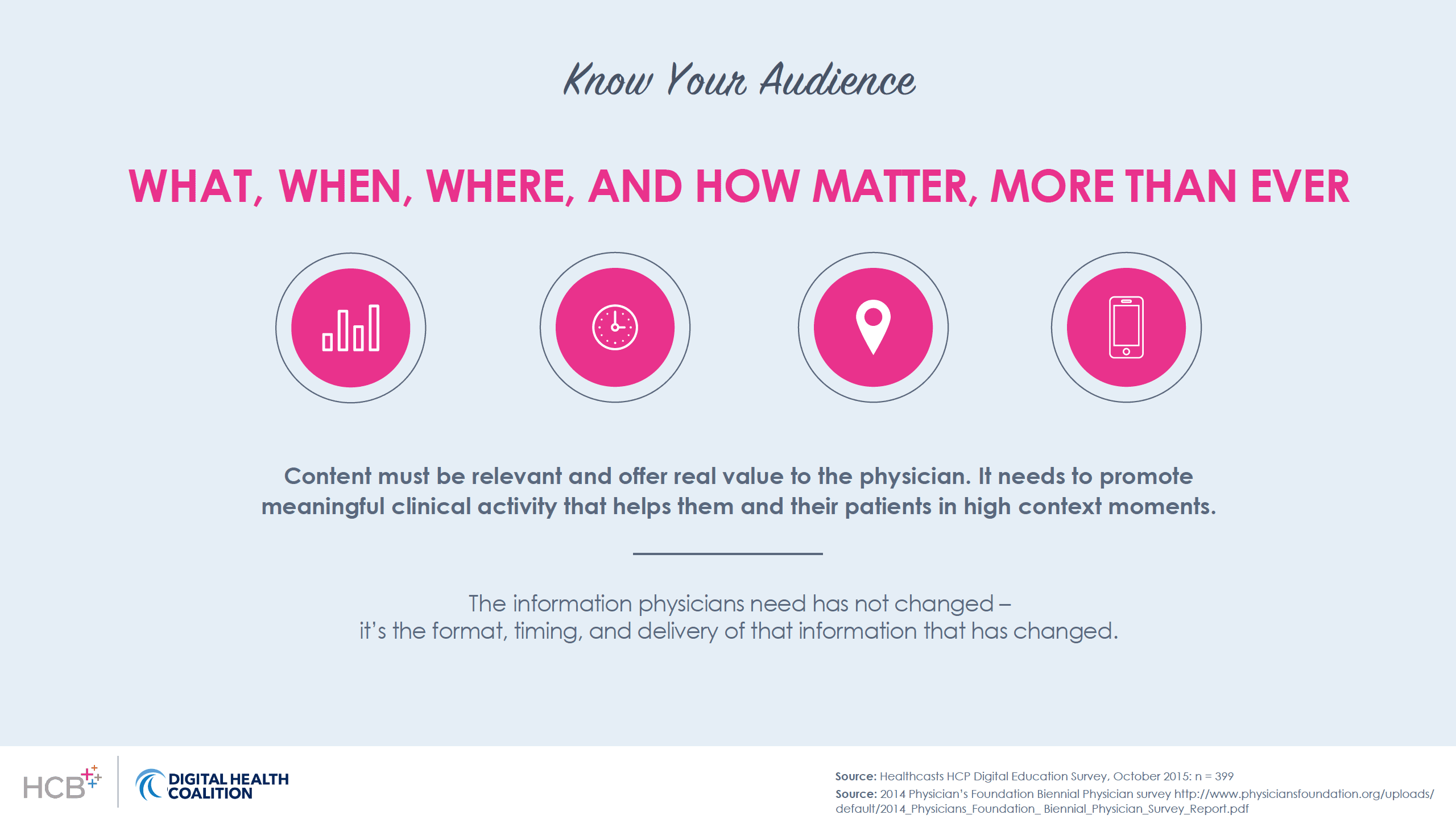
DHC Health Scholar, Jim LeFevre, Director, Marketing Services of Roche Diabetes Care, reminds us that mobile also brings the global consumer closer to home, and that principle of understanding the experience is just as important.
“When viewed through a global lens, mobile is having a transformational impact on healthcare delivery. Many regions of the world are just now opening up due to mobile technology, which in turn means the whole world is opening up to them. Mobile is the connection and access point, which includes access to care. No doubt we will look back decades from now at thriving (but formerly suffering) regions of the world where health and prosperity became accessible through mobile technology.”
Roundtable Moderator and veteran marketer, Joe Shields (President, Health Accelerators) summarized “Voice has quickly become an important means to interact with mobile and internet of things (IoT) devices, and all of the information, intelligence and services to which these devices connect. This creates opportunities for healthcare companies and agencies to reframe how they create, organize and distribute content and services. Since the iPhone was introduced in 2007, smartphones have evolved from simple mobile phones to indispensable personal assistants for nearly every person on the planet.”
And a final thought to consider from HCB’s Chief Digital Officer, Colin Foster, “the fast emerging standards of WAP and AMP are evolving our idea of what an “app” should be, and it’s up to marketers to structure their content to suit. Are you skating to where the puck is going to be?”
ADDITIONAL INSIGHTS FROM DHC PARTNERS
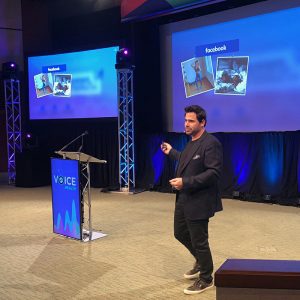
Klick Health & Boston Children’s Hospital Talk Trends at Voice.Health
Via Klick Health | Website →
Watch Klick CEO Leerom Segal and Boston Children’s Dr. John Brownstein as they explore the intersection of voice and health at the recent Voice.Health Summit in Boston. Discover why healthcare is a leading vertical in voice applications, why we’re only at the tipping point of where things are going, and why today’s tech titans are in engaged an epic battle to dominate and own the future of voice. Watch Now →
DHC PARTNERS IN THE NEWS
DHC EVENTS COMING SOON
- “Millennial effect” disrupting markets
- Definition of health evolving
- Recognize the whole person and their journey
- Be genuine, be real… language and tone matter
- Integrated team approach is essential
Speaker – Dante Gaudio, SVP, Healthline
DHC CONTENT
| DHC Midwest Summit 2018 Summary | |
| Read the full event summary here → |
| Social Media Landscape 2018 | |
| Webinar now available on demand → |
| DHC Programmatic Webinar | |
| Part 1 – Data, Analytics, and ROI (20 Minutes) → Part 2 – Brand Safety, Viewability, Fraud (30 minutes) → |
